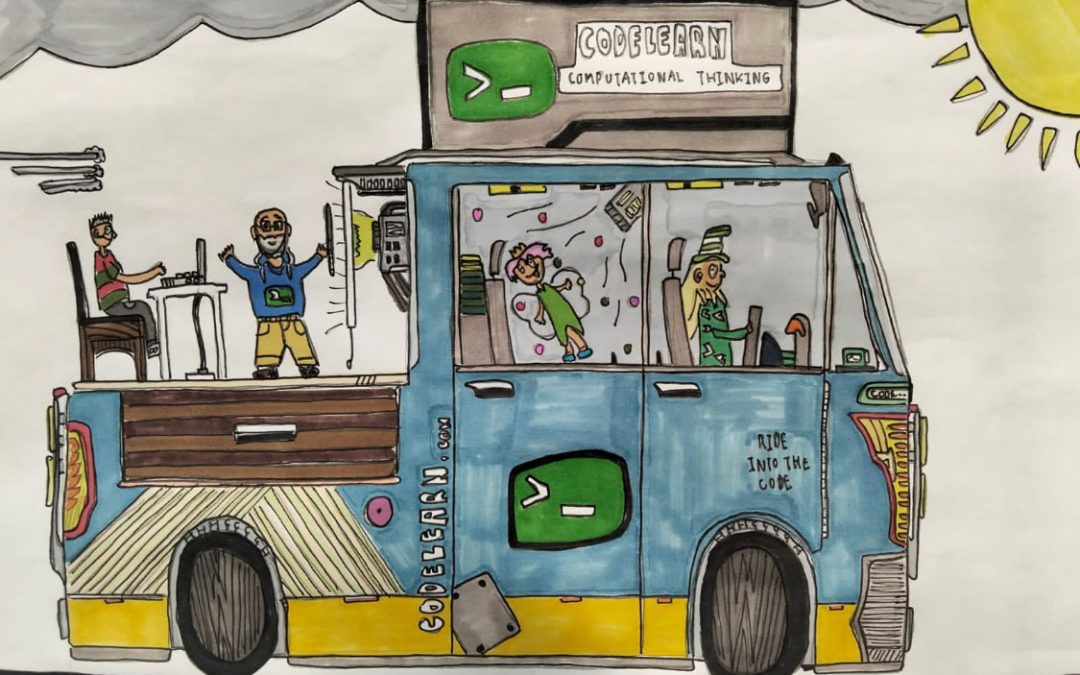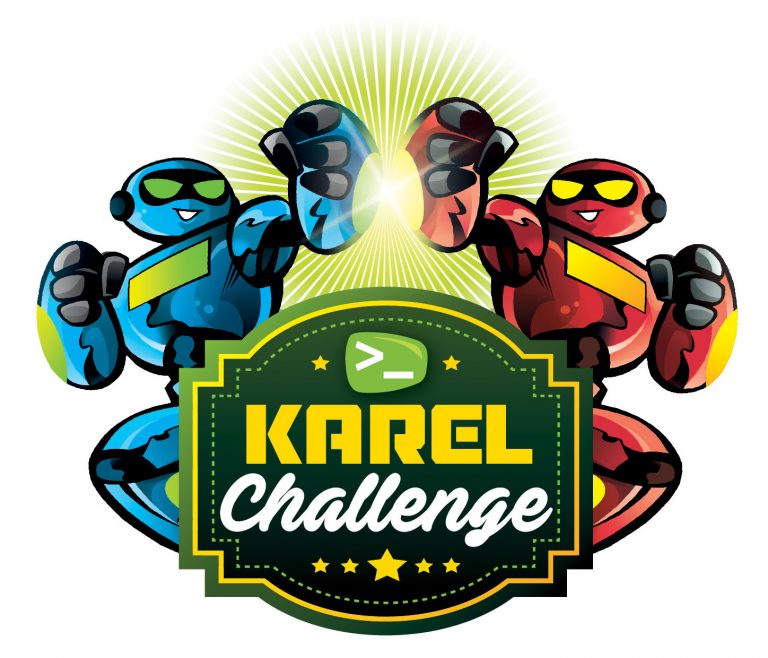Blog

2026 Drawing Contest
Once again, the time has come to take out your pencil case! From January 26 to February 1, Codelearn will be hosting the 4th edition of the Codelearn Drawing Contest, our annual activity in which both students and teachers can showcase their artistic skills and creativity in a field beyond programming.

Music in Minecraft: between silence and the unexpected
One of Minecraft’s most distinctive features is neither immediately visible nor constantly perceived: its music. Unlike most video games, where the soundtrack continuously guides the player’s emotions, Minecraft adopts a radically different approach. Its music comes and goes, loops without warning, and is often absent altogether—until, suddenly, it completely transforms an otherwise ordinary moment.

Karel Challenge Online 2026
The online edition of the most exciting programming competition we know is back, and this year you will have more time to take part! The Karel Challenge Online will begin on January 8 and will run until February 21, the day the finals will be held. This means that this year you will have four weeks to practice, try out the game, and attempt to qualify, instead of just one week as was usual. The competition is open to everyone, so it is not necessary to be a Codelearn student to participate.

2025 Christmas Contest
December is just around the corner, and with the Christmas holidays approaching and the Online Coding Camps ready to go, we were only missing one of our favorite traditions: the Christmas Contest! From December 1 to 14, all Codelearn students will once again have the chance to showcase their creativity by programming drawings with Logo, creating cards or games in Scratch, or editing a Christmas-themed video.

Can AI replace humans? Is learning to code still necessary in 2025?
In recent years, we’ve witnessed such rapid technological evolution that keeping up has become a real challenge. Every few months, a new artificial intelligence tool emerges—capable of generating text, images, lines of code, or even complex analyses that, until very recently, we associated exclusively with human abilities. Faced with this scenario, it’s natural for many questions to arise: Can AI completely replace us? Will it eliminate jobs traditionally performed by people? And does it even make sense for younger generations to learn how to code if artificial intelligence can already do it for them?
